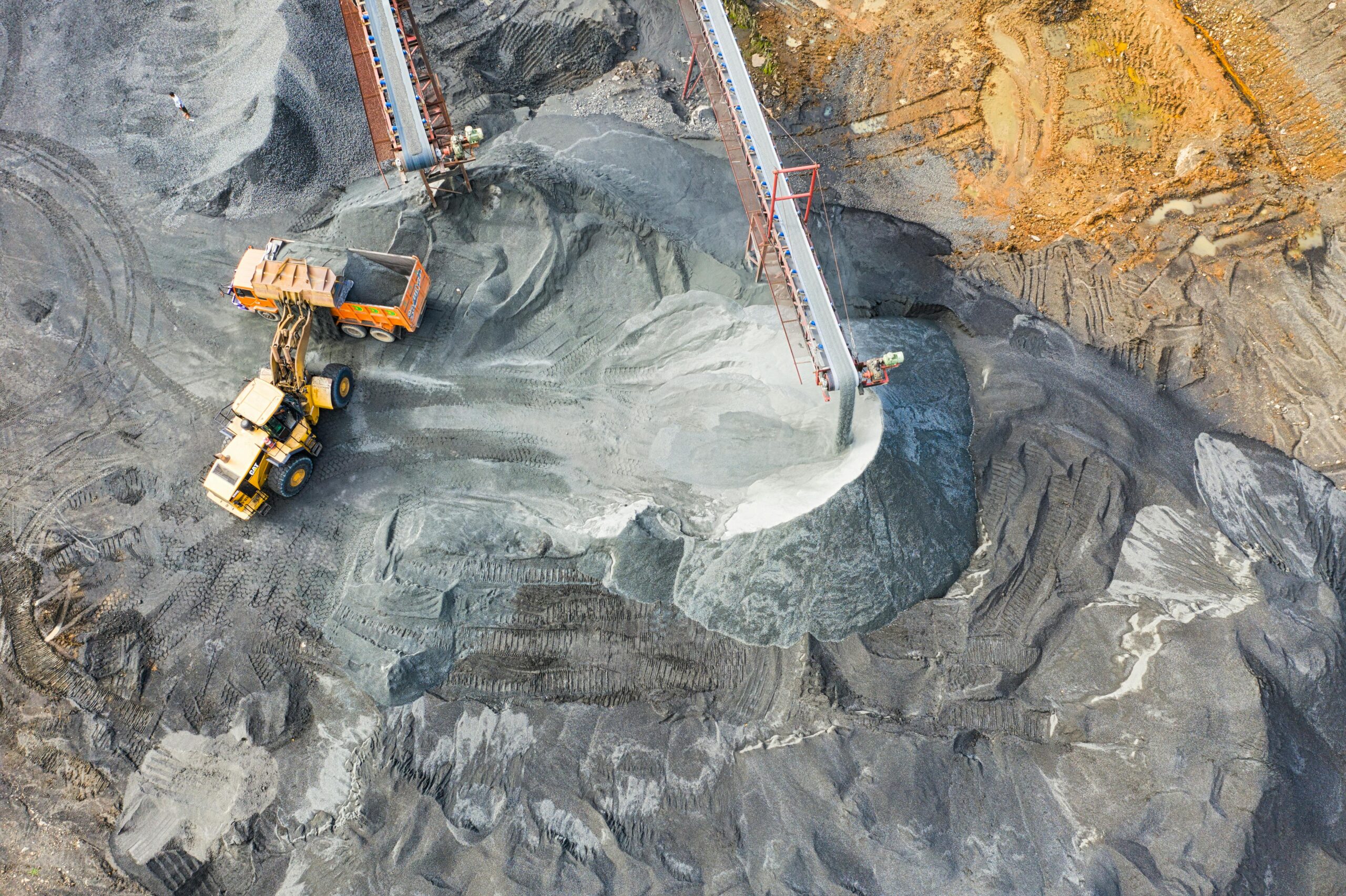Major universities are about to play a big role in building domestic supply chains for critical minerals. The U.S. Department of Energy (DOE) recently announced $45 million in funding for six university-led projects that will explore unconventional sources of vital materials. The initiative is designed to extract valuable minerals from sources like coal byproducts, oil and gas wastewater and acid mine drainage across eight regions of the United States.
The funding, awarded through DOE’s Office of Fossil Energy and Carbon Management (FECM), will create regional consortia to accelerate the development of critical mineral supply chains. Each consortium will bring together universities, private industry, government agencies, local communities and tribal organizations to develop strategies tailored to their region’s resources.
RELATED: DOE allocates $70.8 million for manufacturing improvements focused on vehicles, batteries
The investment is part of a major push by the United States to reduce its dependence on foreign nations for imported materials. Critical minerals typically include rare earth elements needed for clean energy technologies, as well as materials essential for advanced manufacturing, semiconductors and defense applications. The DOE maintains an official list of critical minerals that includes materials like lithium for batteries, cobalt for electric vehicles and rare earth elements used in wind turbines and electronics.
“Rebuilding a domestic supply chain for critical minerals and materials here at home will both safeguard our national security and support the continued development of a clean energy and industrial economy,” said Brad Crabtree, Assistant Secretary of Fossil Energy and Carbon Management
The University of Alaska Fairbanks secured $7.5 million to lead research efforts in the Northwest region, which covers roughly 22% of the United States. Working with state geological surveys from Alaska, Oregon, and Washington, the team will conduct new data collection, geologic mapping and mineral characterization of underexplored deposits.
In the Upper Midwest, the University of Illinois Urbana-Champaign received $7.5 million to investigate critical minerals from coal and coal wastes. Through the Illinois State Geological Survey, they’re partnering with five state geological surveys, major universities and DOE national laboratories. The project focuses on estimating the resources available in brine groundwaters, mining waste and coal combustion residuals.
The University of Texas at Austin will use its $7.5 million award to assess critical mineral potential in the Gulf Coast and Permian Basin areas. Their work will focus on petroleum industry waste, produced water, lignite coal, coal ash and even red mud leftover from processing bauxite, a rock rich in aluminum and gallium. The project includes planning for technology innovation centers and workforce development programs to support regional economic growth.
Each project requires substantial cost-sharing from non-federal sources, with matching contributions ranging from $1.8 million to $2.6 million per project. More details on the six selected projects are available through the DOE’s website. The National Energy Technology Laboratory will manage these initiatives, with the possibility of additional selections being made in the future.
Photo by Tom Fisk













